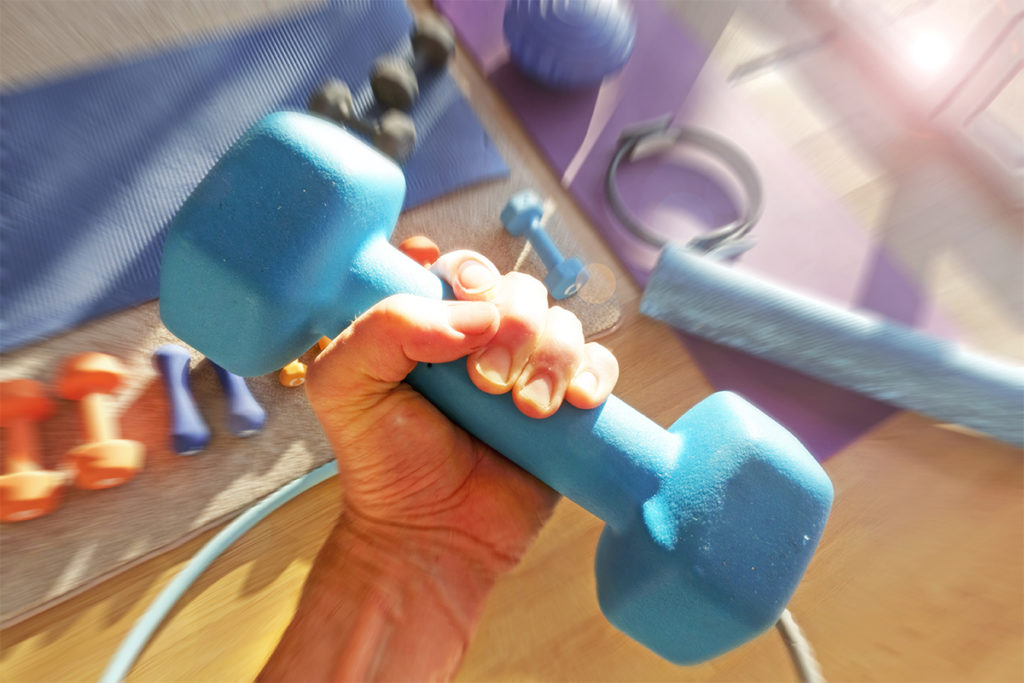Fewer Repetitions Means Better Results?

Short-duration workouts have become popular over the past several years as the time-crunched seek out effective ways to exercise. Recent research adds more support for the benefits of fast workouts and indicates that less may even be more, provided you have appropriate equipment.
This information comes from a meta-review of 38 sprint interval training (SIT) trials involving 418 people. To be eligible for the review, studies needed to last at least 2 weeks, with participants completing at least two repetitions of sprints at supramaximal intensity using specialized cycle machines. The sprints in this review lasted 10, 15 or 20 seconds. VO2max measures were taken before and after the sprint session.
Analysis revealed "an overall likely large effect of an 'average' SIT protocol on VO2max." Two repetitions seemed to be the perfect number to elicit the greatest response; returns diminished with subsequent repetitions.
The review authors suggested that this information could help motivate inactive people to exercise. "Considering the low physical activity levels in the general population, and the fact that lack of time is consistently identified as one of the main perceived barriers to becoming and remaining physically active, this finding has implications for the design of practical SIT interventions for improving general health," the authors wrote.
They acknowledged that reaching such high intensities is
difficult and highlighted the importance of keeping repetitions to a minimum. "Our observation that reducing the number of sprint repetitions will not attenuate the increase in VO2max associated with SIT, and in fact may possibly improve the effect, is an important novel finding."
The study appeared in Medicine & Science in Sports & Exercise (2017; doi: 10.1249/MSS.0000000000001204).
Ryan Halvorson
Ryan Halvorson is an award-winning writer and editor, and IDEA's director of event programming.





